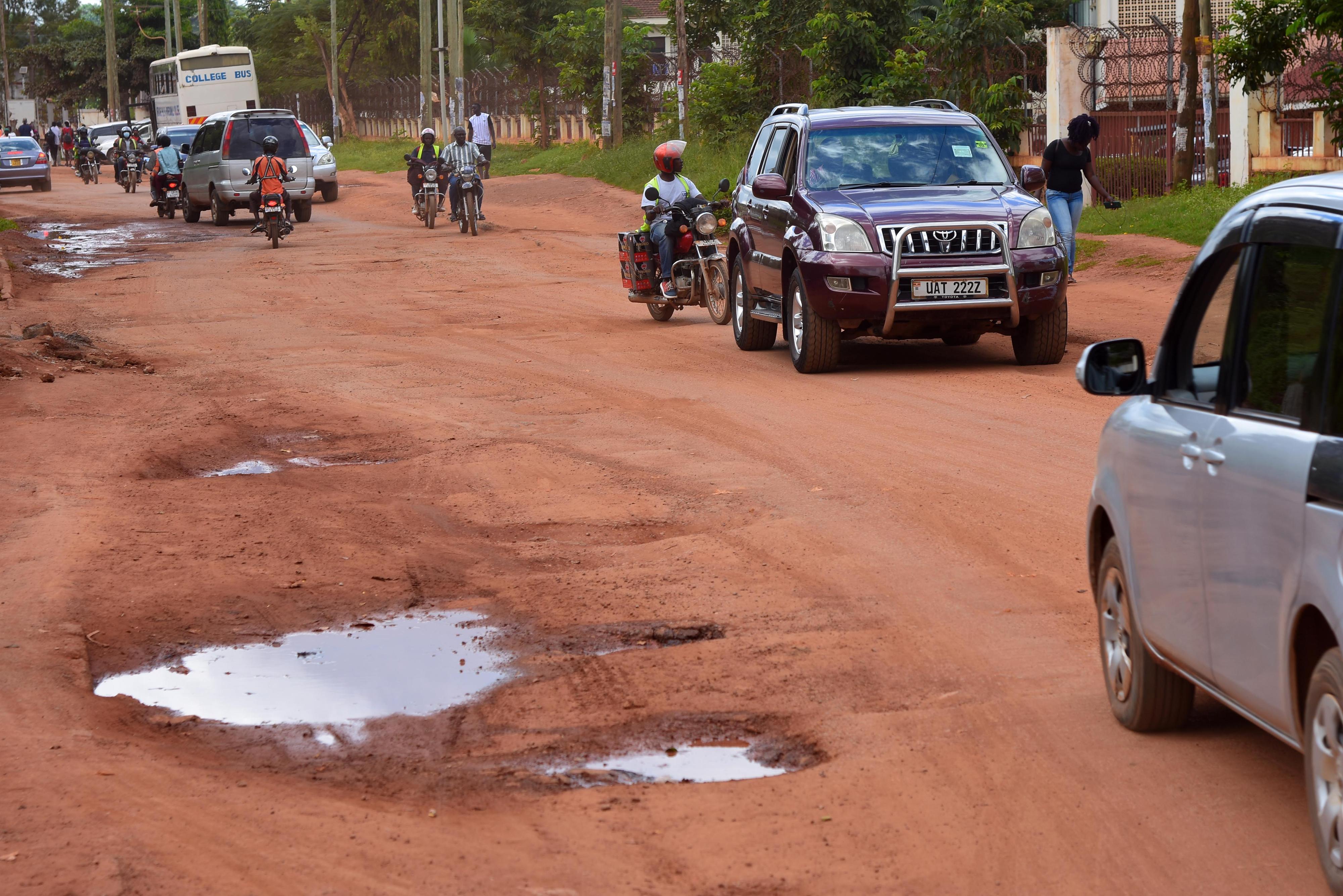Prime
EAC private sector seeks to streamline business under Africa free trade area

The private sector wants identify goods that can be protected. Photo \ File
What you need to know:
- The East African Business Council says engaging the private sector is one of the ways through which the region will form a voice in identifying which products need protection
East African Community (EAC) private sector players have said classification of which goods need protection and which do not need under the African Continental Free Trade Area is an important step the government must expedite.
Speaking on the sidelines of a two-day consultative meeting in Kampala yesterday, Mr Simon Kaheru, the East African Business Council Uganda Chapter chairman, said engaging the private ahead of the EAC partner states meeting in Bujumbura, Burundi next week, is one of the ways through which the region will form a voice in identifying which kind of products need to be put under the sensitive products category.
“It’s fantastic that the private sector is sitting a head of governments to see where we can seek protection and where we can seek promotion of trade with the rest of Africa,” he said, noting that partner states must agree, which has prevented the region from benefiting from the AfCFTA two years since signing of the treaty.
The AfCFTA was established in 2018. It has 43 parties and 11 signatories, which makes it the largest free-trade area by number of member states, after the World Trade Organization and the largest in size with a population of 1.3 billion people.
Mr Lamech Wesonga, the EAC economic policy advisor, said as a regional bloc, they are seeking to categorise goods under different classes, which will create category A, constituting 90 percent of the product or tariff lines that partner states will liberalise for a specific time frame of 10 years - for relatively developed economies - and 13 years - for the low developed.
Goods under such a category, he said, will virtually be ready for trading with the rest of Africa.
Category B will create sensitive products, which contribute 7 percent of total tariff lines that will be liberalised over a specific period of time, while category C will include a list of products which will be excluded from AfCFTA trading and will constitute 3 percent of the total tariff lines.
“Why B and C? Because these are sensitive products and state parties feel they have a competitive advantage in producing them. Under C, we have products that state parties feel that … they cannot open up for trade in those sectors for the rest of Africa,” Mr Wesoga said.




